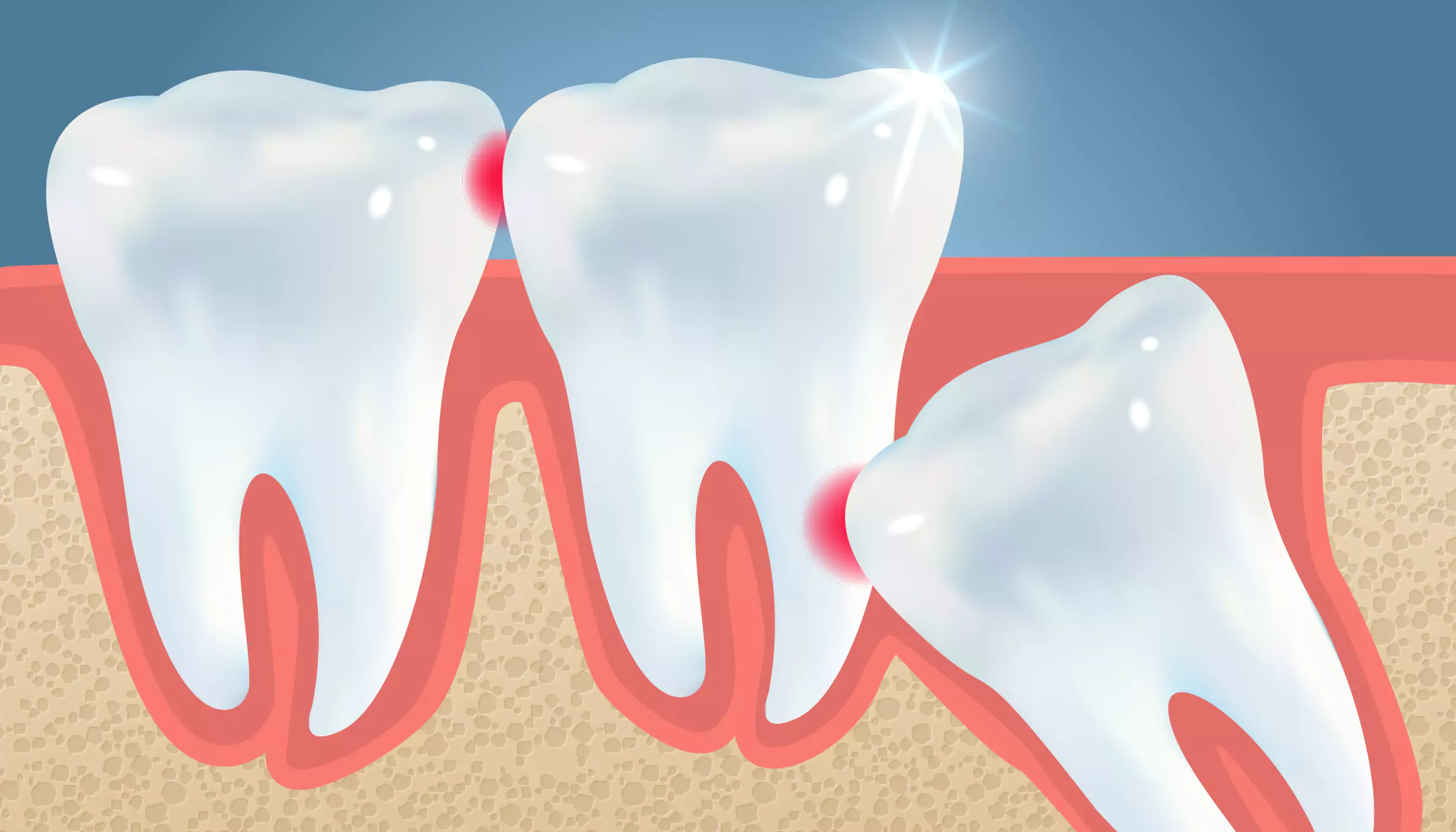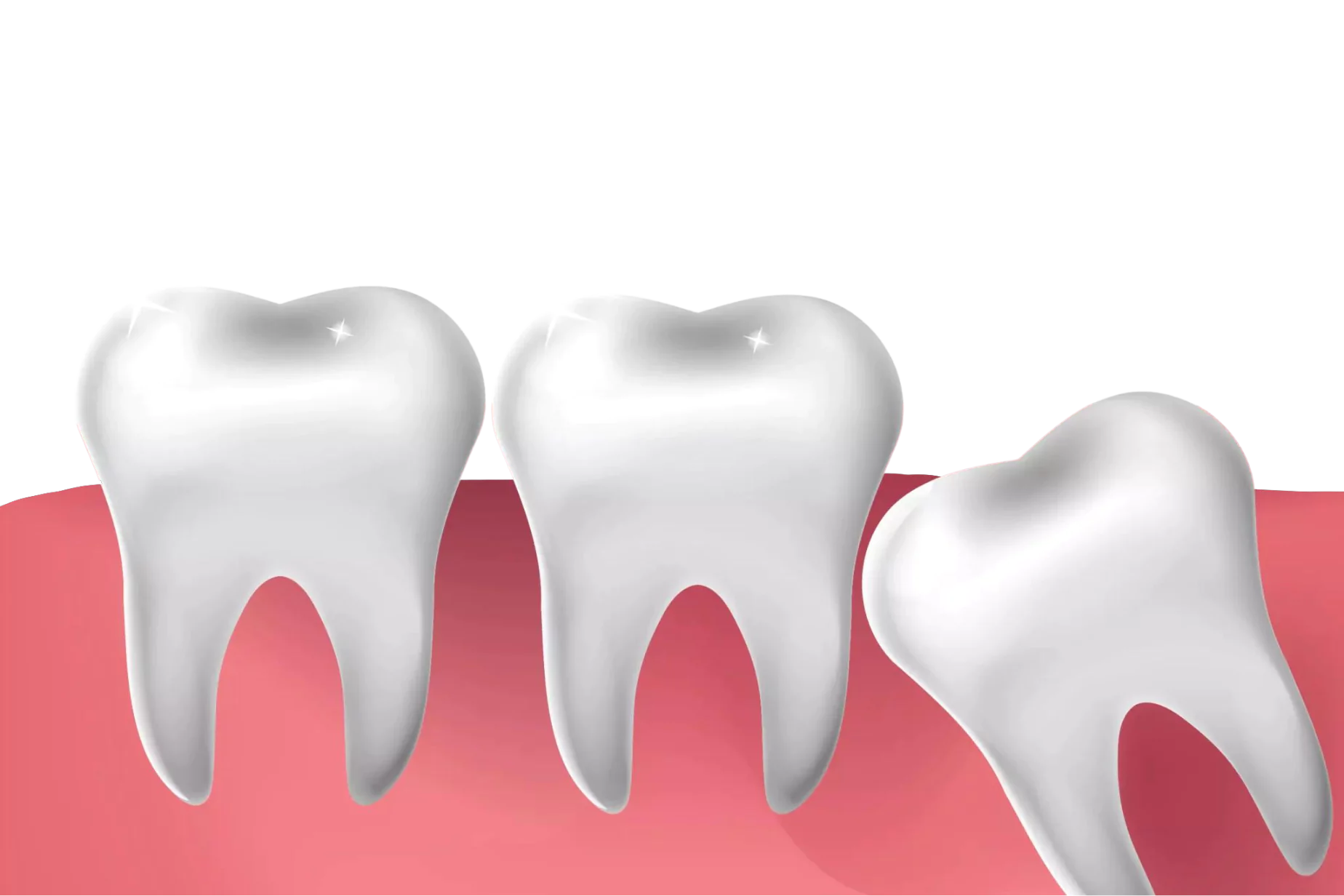
Wisdom tooth surgery, also known as wisdom tooth extraction, is a dental procedure performed to remove impacted wisdom teeth. Wisdom teeth are the third molars located at the back of the mouth. When these teeth do not have enough space to emerge or develop properly, they can become impacted, causing various dental problems.
There are two types of wisdom tooth extractions: surgical and non-surgical. The type of extraction depends on the position and condition of the impacted teeth. Here are some key points to understand about wisdom tooth surgery and extraction:
It’s important to consult with our partnered dentist or oral surgeon to determine the best course of action regarding wisdom tooth extraction. They will evaluate your specific case and provide personalised recommendations and guidance throughout the process.
Unleash the power of your smile and embark on a life-changing journey today! Embrace a transformational experience that will redefine your confidence and elevate your smile to new heights. Take the first step towards a radiant future and unlock the extraordinary potential within you. Let your smile become the symbol of your transformation and embrace the incredible possibilities that Await.

The decision to remove wisdom teeth before starting Invisalign or braces treatment depends on various factors and should be determined by your dentist or orthodontist. Here are some considerations:
It’s important to have a thorough consultation with your dentist or orthodontist to discuss your specific needs and determine whether wisdom tooth removal is necessary before starting Invisalign or braces treatment. They will consider your oral health, treatment goals, and the potential impact of the wisdom teeth on the overall outcome of the orthodontic treatment.
The decision to remove wisdom teeth depends on various factors and should be made in consultation with your dentist or oral surgeon.
Here are some common reasons why wisdom teeth may need to be removed:
Ultimately, the decision to remove wisdom teeth depends on your specific situation, including the condition of your wisdom teeth, their impact on oral health, and the recommendation of your dentist or oral surgeon. They will conduct a thorough examination, consider your symptoms and risks, and provide you with their professional advice on whether or not wisdom tooth removal is necessary in your case.
The duration of a wisdom tooth removal procedure can vary depending on several factors, including the complexity of the case, the position of the tooth, and the individual patient’s circumstances. In general, here’s a rough estimate of the time it may take:
It’s important to note that these time estimates are general guidelines and can vary depending on individual circumstances. Your dentist or oral surgeon will evaluate your specific situation and provide a more accurate estimate based on the complexity of your wisdom tooth extraction.
The duration of post-surgery pain following wisdom tooth removal can vary from person to person. While most individuals experience pain and discomfort for about 24 to 72 hours after the surgery, it’s important to note that each person’s healing process is unique.
During the first few days after the surgery, it’s common to experience some degree of pain, swelling, and discomfort in the area where the wisdom teeth were extracted. The intensity of the pain can vary depending on factors such as the complexity of the extraction, individual pain tolerance, and adherence to post-operative care instructions.
To manage the pain effectively, your dentist or oral surgeon will typically prescribe pain medication. It’s important to take the medication as prescribed, even if you’re not currently experiencing severe pain, as it can help control inflammation and discomfort during the initial healing period.
In addition to pain medication, you can also apply ice packs to the outside of your face in the first 24 hours after surgery to help reduce swelling and alleviate pain. It’s important to follow your dentist’s instructions for post-operative care, which may include avoiding certain foods, maintaining oral hygiene, and avoiding activities that could disrupt the healing process.
If you experience severe or prolonged pain, swelling, or any other concerning symptoms after your wisdom tooth surgery, it’s essential to contact your dentist or oral surgeon for further guidance and evaluation. They will be able to provide specific advice and address any concerns you may have during the healing process.
Stay up-to-date with our latest updates!
We will never send any spam emails.
